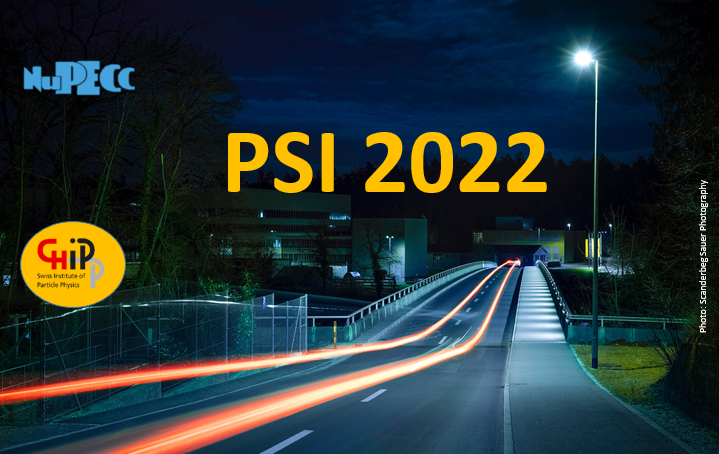Speaker
Description
The GERmanium Detector Array (GERDA) experiment at the Laboratori Nazionali del Gran Sasso (LNGS, Italy) searched for the lepton-number-violating neutrinoless double-beta ($0\nu\beta\beta$) decay of $^{76}$Ge. The potential discovery of such phenomenon would have significant implications in cosmology and particle physics, helping unrevealing the Majorana nature of neutrinos.
The main feature of the GERDA design consisted in operating an array of bare germanium diodes enriched in $^{76}$Ge in an active liquid argon shield. Phase II physics run (December 2015 - November 2019) reached an unprecedentedly low background index of $5.2\times10^{-4}$ counts/(keV kg yr) in the signal region, collecting an exposure of 103.7 kg yr while operating in a background-free regime. No signal was observed after a total exposure of 127.2 kg yr for a combined analysis of Phase I (November 2011 - September 2013) and Phase II data. A lower bound on the half-life of $0\nu\beta\beta$ decay in $^{76}$Ge was set at $T_{1/2}>1.8 \times10^{26}$ yr (90\% C.L.), which coincides with the median expectation under the no signal hypothesis.
This contribution will review the GERDA experiment design together with its final results, also providing an overview of the next Large Enriched Germanium Experiment for Neutrinoless $\beta\beta$ Decay (LEGEND) project.

